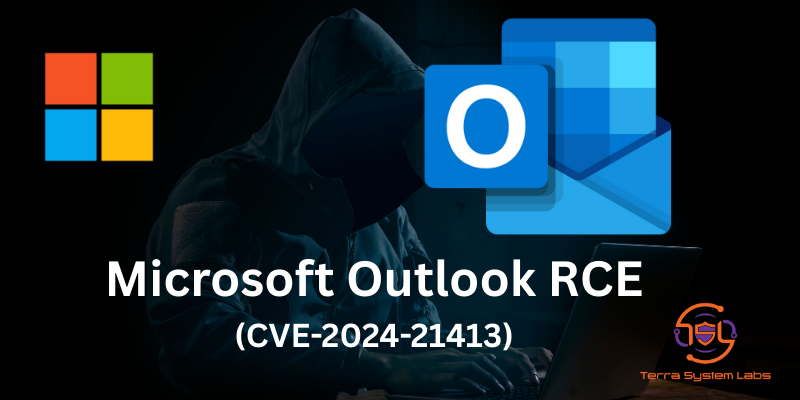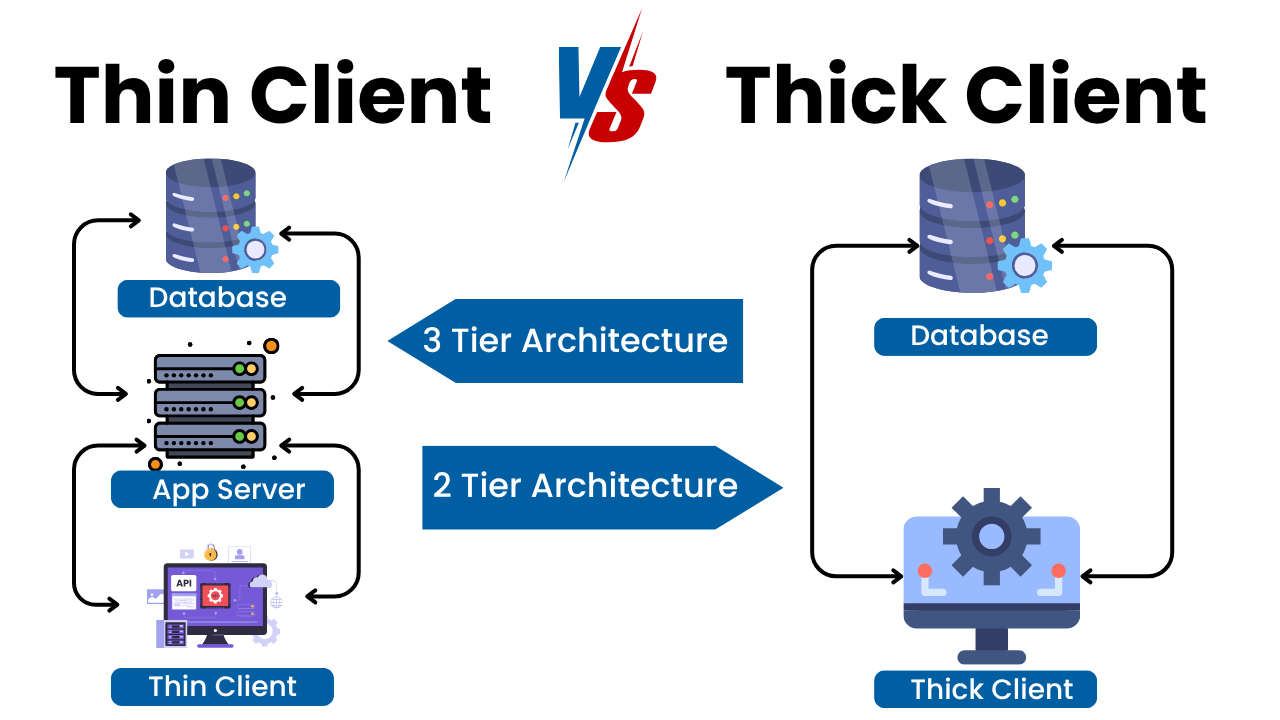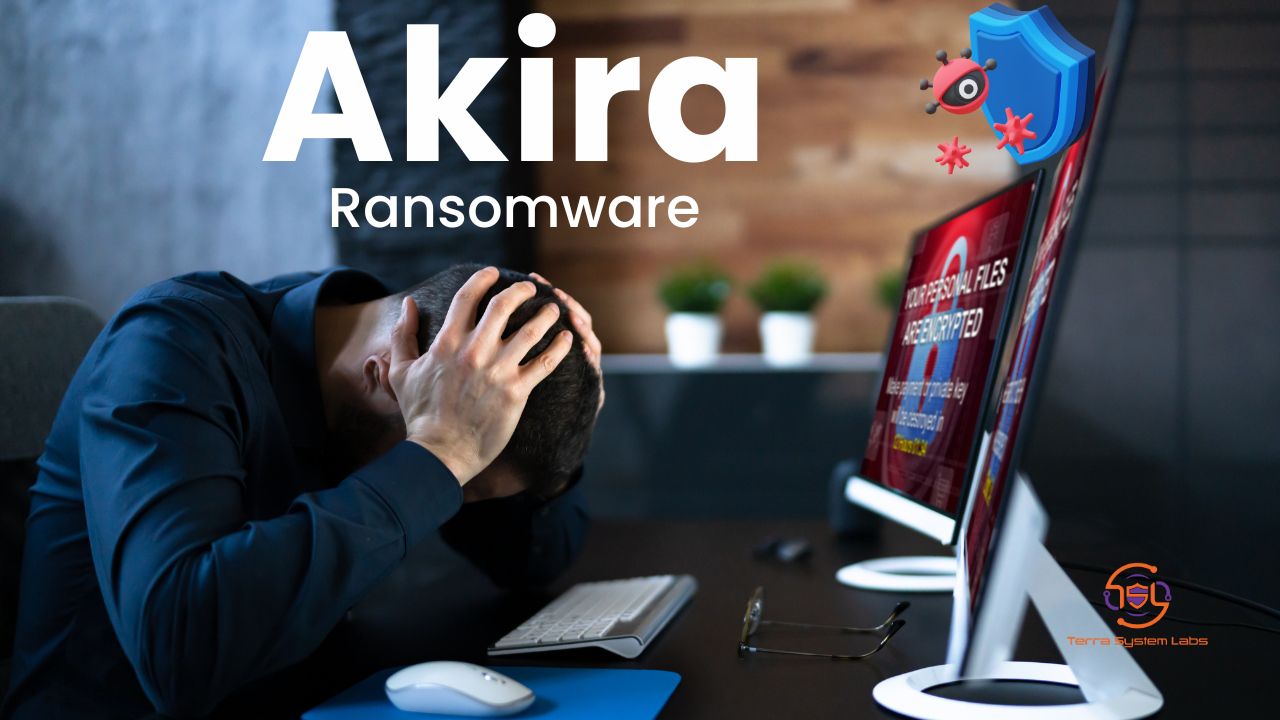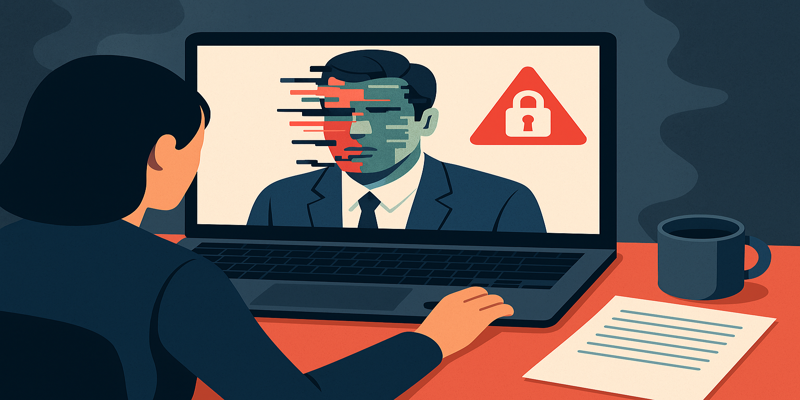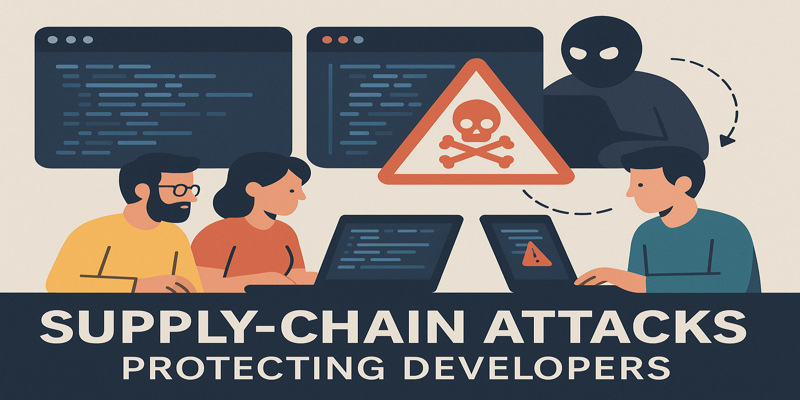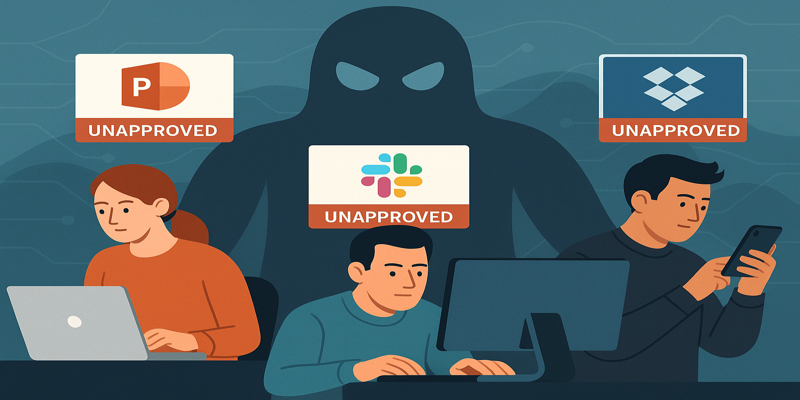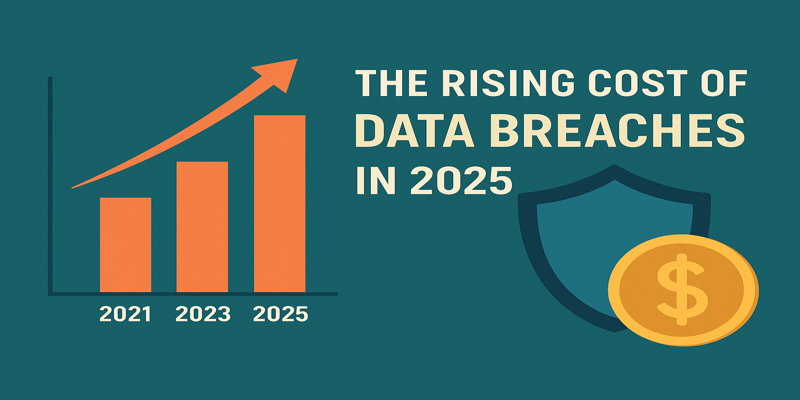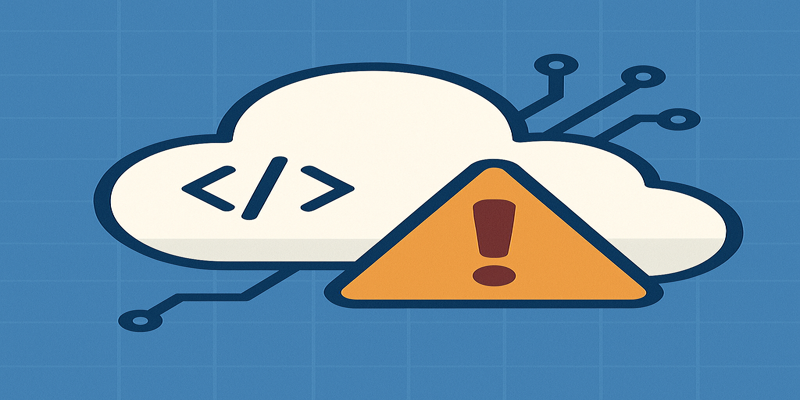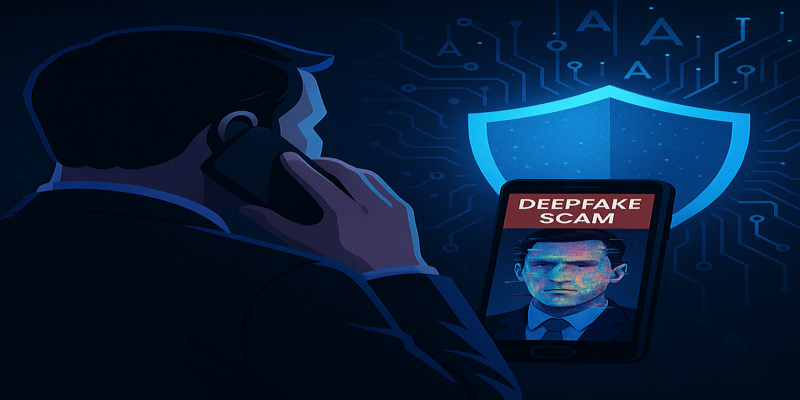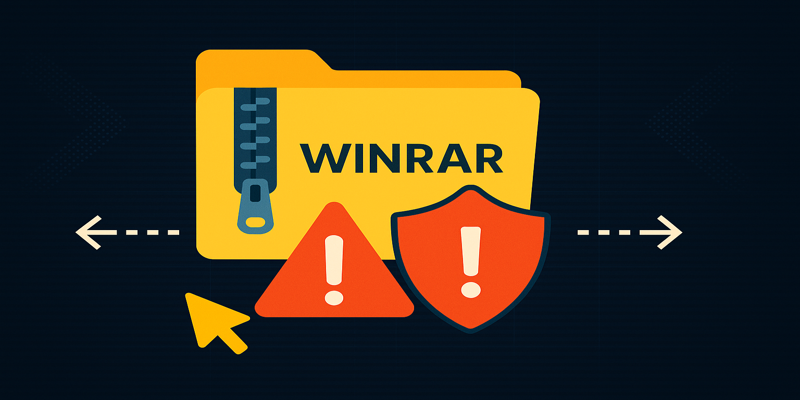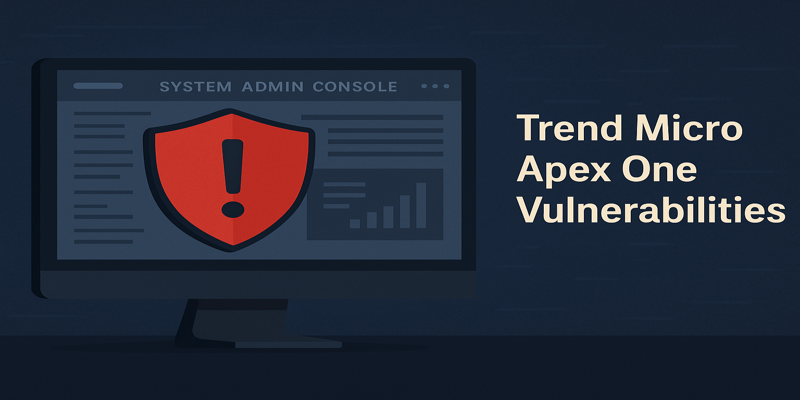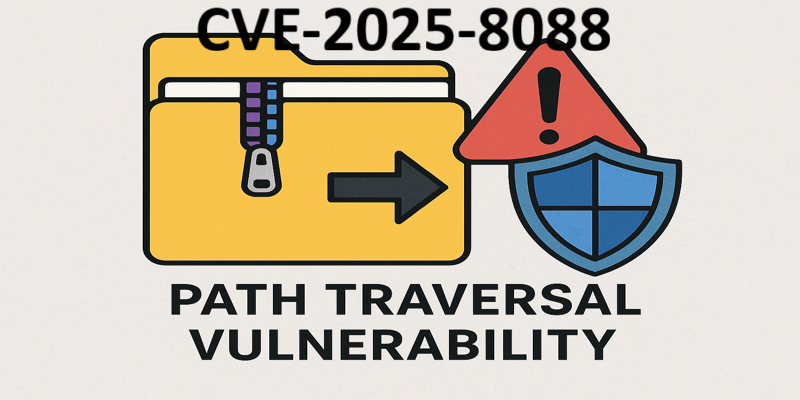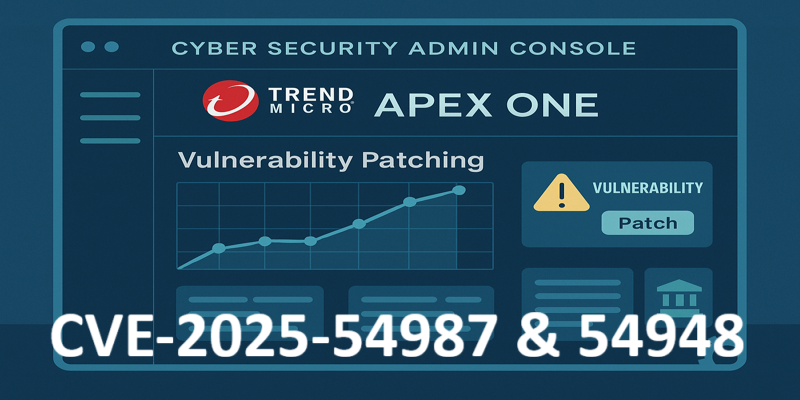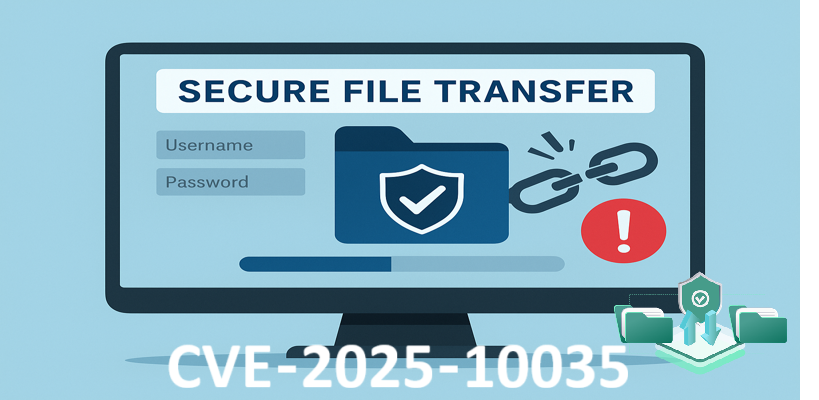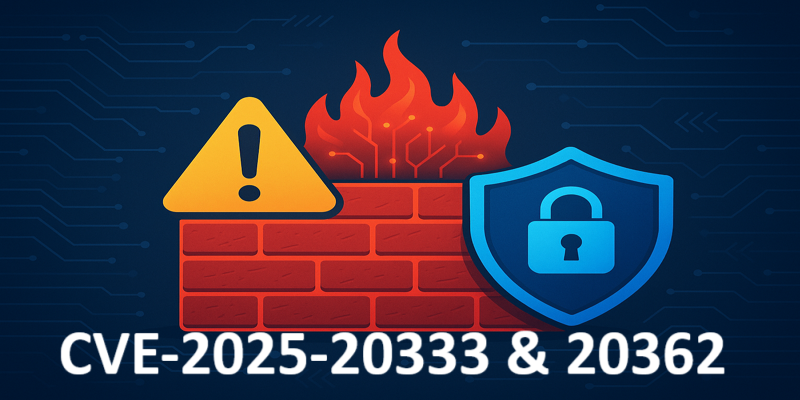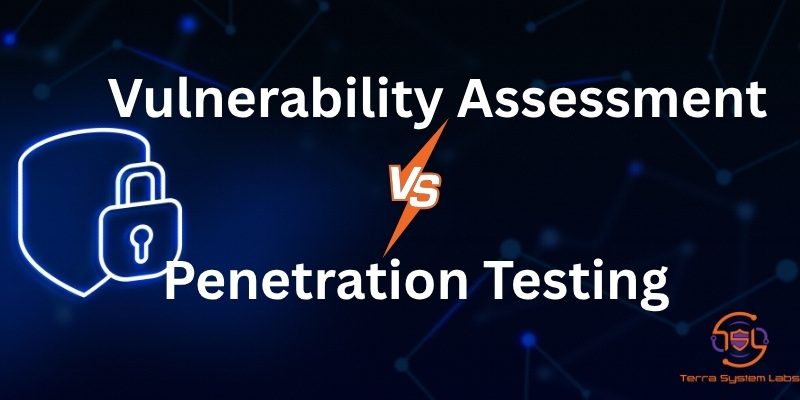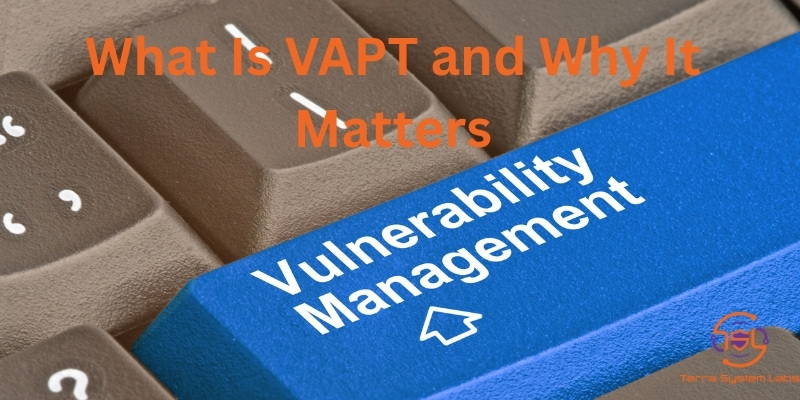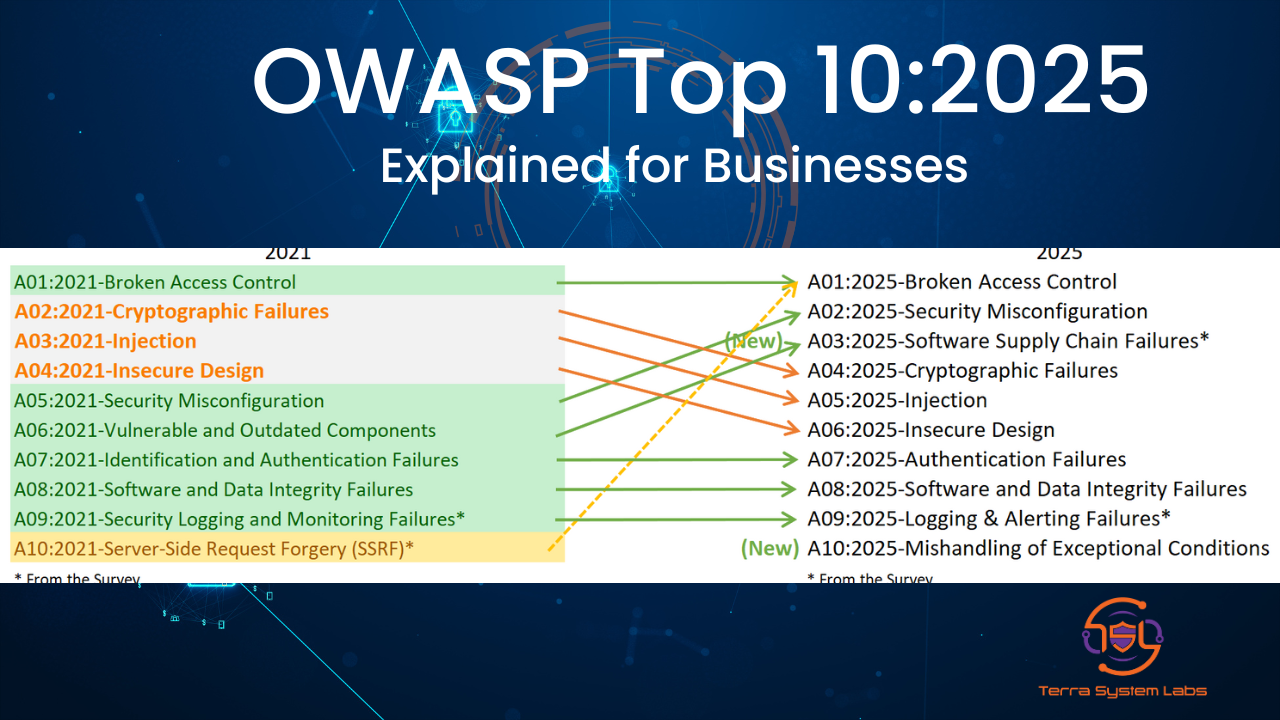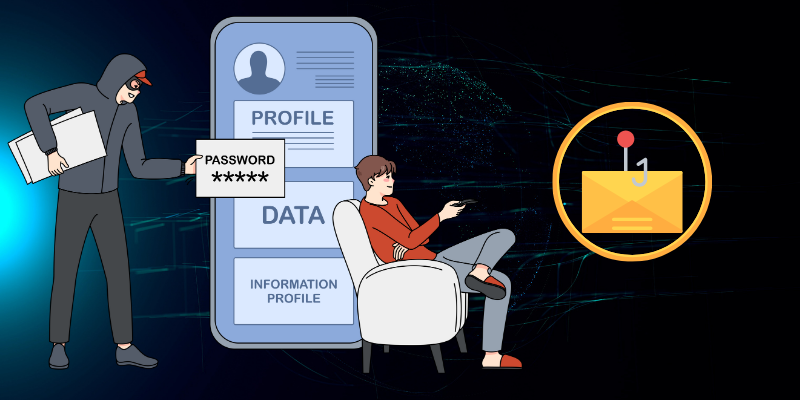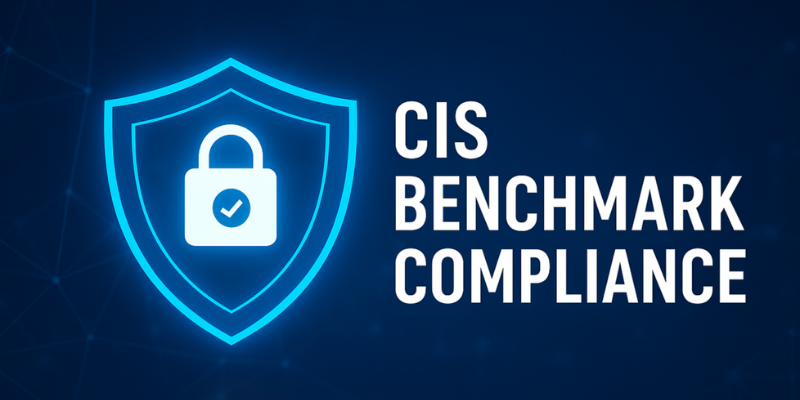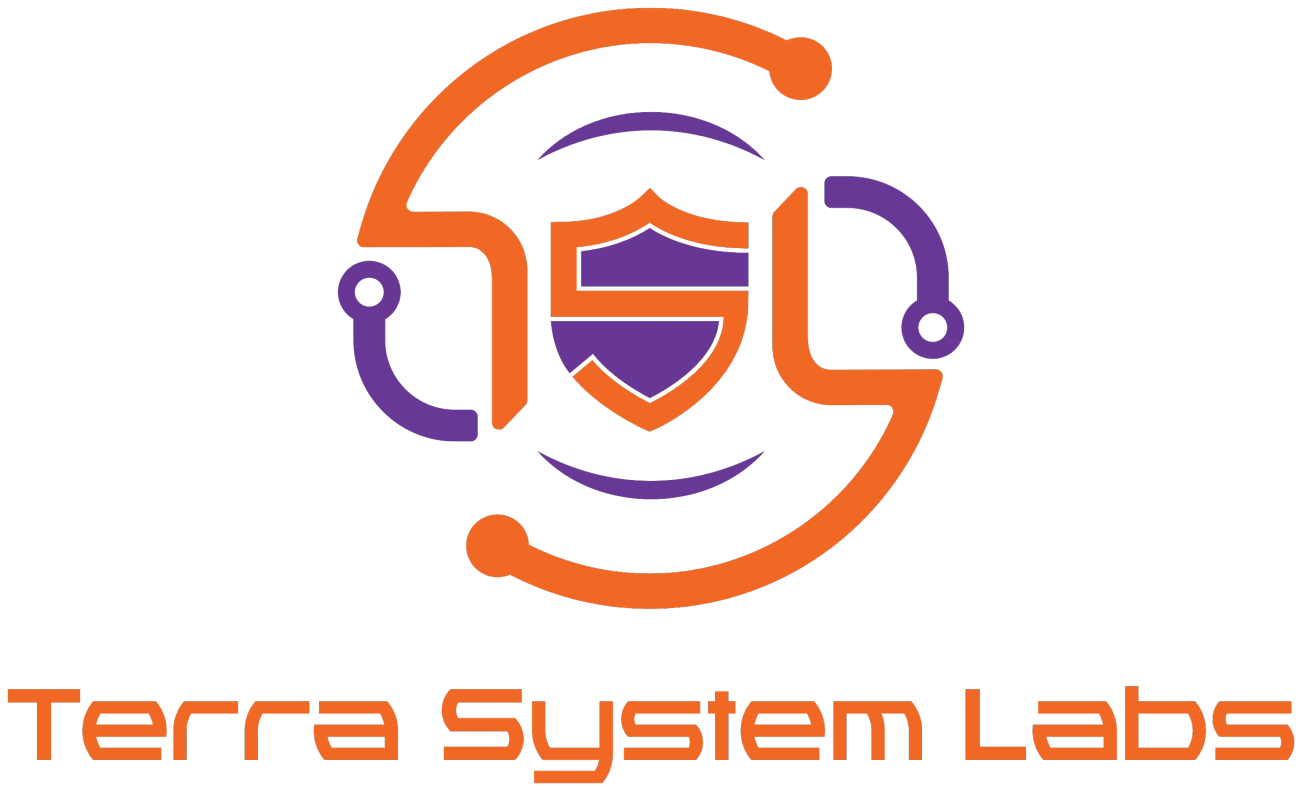WinRAR Path Traversal Flaw (CVE-2025-8088): Preventing Archive Exploits
In July 2025, researchers from ESET uncovered a dangerous path traversal flaw in the Windows version of WinRAR, tracked as CVE-2025-8088. This vulnerability allows attackers to create specially crafted RAR archives that place files outside the intended extraction directory and even write into sensitive system locations, enabling arbitrary code execution. The flaw was actively exploited by threat groups before being publicly disclosed and affects all versions of WinRAR prior to 7.13.
Because user interaction is required to extract archives, the attack vector often arrives via phishing emails or malicious downloads. Once the victim opens the booby-trapped archive, the embedded payload is dropped into the Windows Startup folder or other critical paths and executed on the next reboot. ESET credited Anton Cherepanov, Peter Kosinar, and Peter Strycek for discovering the issue. WinRAR addressed the vulnerability in version 7.13 released on July 30, 2025.
In July 2025, researchers from ESET uncovered a dangerous path traversal flaw in the Windows version of WinRAR, tracked as CVE-2025-8088. This vulnerability allows attackers to create specially crafted RAR archives that place files outside the intended extraction directory and even write into sensitive system locations, enabling arbitrary code execution. The flaw was actively exploited by threat groups before being publicly disclosed and affects all versions of WinRAR prior to 7.13.
Because user interaction is required to extract archives, the attack vector often arrives via phishing emails or malicious downloads. Once the victim opens the booby-trapped archive, the embedded payload is dropped into the Windows Startup folder or other critical paths and executed on the next reboot. ESET credited Anton Cherepanov, Peter Kosinar, and Peter Strycek for discovering the issue. WinRAR addressed the vulnerability in version 7.13 released on July 30, 2025.
To protect your environment from this directory traversal flaw, consider the following steps:
- Update immediately: Upgrade WinRAR and any UnRAR components to version 7.13 or later. Prior versions are vulnerable and should be removed or patched.
- Disable unknown archives: Do not open archives from untrusted sources. Scan attachments with antivirus and sandbox tools before extracting. Attackers rely on social engineering and misconfiguration to exploit users.
- Limit user privileges: Avoid running archive utilities with administrative rights. Least privilege helps prevent malicious payloads from gaining full system access.
- Monitor critical directories: Implement file integrity monitoring on startup folders and system directories to detect unexpected additions. Promptly quarantine suspicious files and review logs for signs of exploitation.
- Educate employees: Train staff to recognise phishing attempts and suspicious attachments. Security awareness reduces the risk of human error. Terra System Labs offers training and secure software deployment to strengthen your defences.
Regular maintenance and patch management are essential. The WinRAR CVE-2025-8088 case shows how seemingly simple tools can become attack vectors when maintenance lags. Terra System Labs' penetration testing and vulnerability assessment services help identify vulnerabilities across your software stack and supply chain. By staying updated, monitoring for anomalies, and partnering with experts, your business can mitigate zero-day exploitation and keep data safe.
Recent Posts




